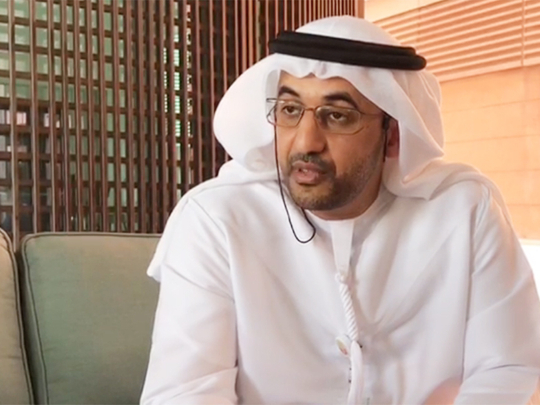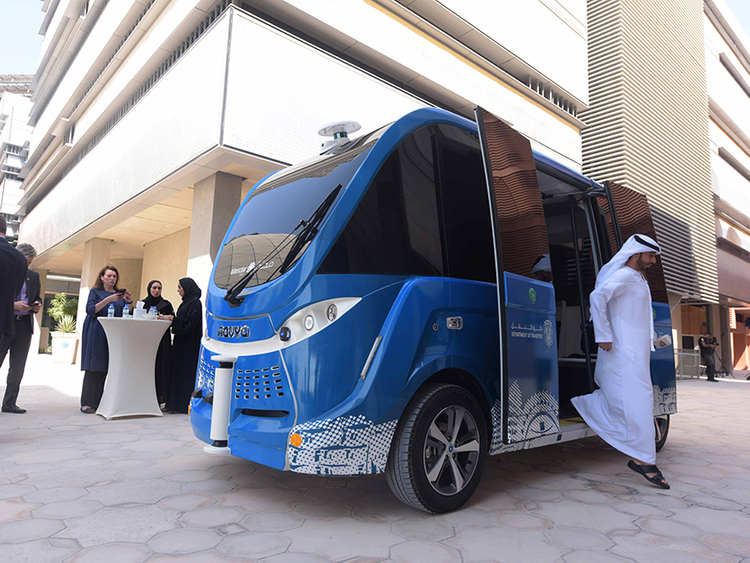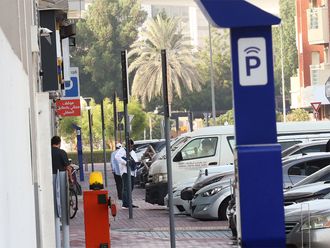
Abu Dhabi: Although Masdar City in Abu Dhabi launched an autonomous shuttle vehicle on Monday, the use of driverless vehicles on public roads has hit a speed bump due to a key challenge: regulations — or lack of it.
The main question lies in establishing liability, according to government regulator.
“Who will be liable in case of an accident or death caused by a driverless vehicle – the manufacturer or the vehicle operator [or anybody else involved in the chain]? The regulators across the globe are still discussing to find the answer to formulate a legal framework,” said Ebrahim Sarhan Al Hamoudi, acting executive director – Surface Transport Sector at the Department of Transport (DoT) in Abu Dhabi.
Read more:
RTA launches mobile charging station for EVs
Electric cars in Dubai come with these perks
Why we drive electric cars in the UAE
However, the DoT is keenly watching autonomous vehicle technologies, due to their potential in reducing road accidents and fatalities.
“At the moment, 94 per cent of accidents are caused by drivers [human errors] in Abu Dhabi emirate,” he said.
Approval issue
Presently, very few companies offer autonomous vehicle technology in the world — but none has received approval from regulators to ply on public roads, Al Hamoudi said on the sidelines of the launch the autonomous shuttle of NAVYA, a French company.
Capable of transporting up to 12 people, the shuttle will run on a 1km-route and seven more vehicles will be added to the fleet by the next year.
The official said ensuring the safety of pedestrians is another challenge for regulators.
“The technology has not matured enough to be adopted by us. However, global forecasts suggest that sound technologies will be available by 2025. Masdar will be leading to bring such technologies here,” Al Hamoudi said.
Incentives for EVs
He told Gulf News that Abu Dhabi would soon announce incentives for electric cars in the emirate.
The number of charging stations has gone up considerably in the past one year: "More than 50 stations are available at major shopping malls and other high-density areas,” Al Hamoudi said.
High prices and long charging time hinder popularity of electric cars.
Still, their prices are higher than gasoline cars and charging takes 6 to 8 hours.
Some EV manufacturers have introduced cars that can be charged within 30 minutes but they cost more than $100,000 (Dh367,000), the official said.
The autonomous shuttle introduced at Masdar City represents the next phase of the city’s sustainable mobility network as it already has a Personal Rapid Transport (PRT) system.
The PRT system carried more than two million passengers in eight years of operations and the latest system is expected to carry more passengers in the coming years, said Yousuf Baselaib, executive director for Sustainable Real Estate at Masdar.












